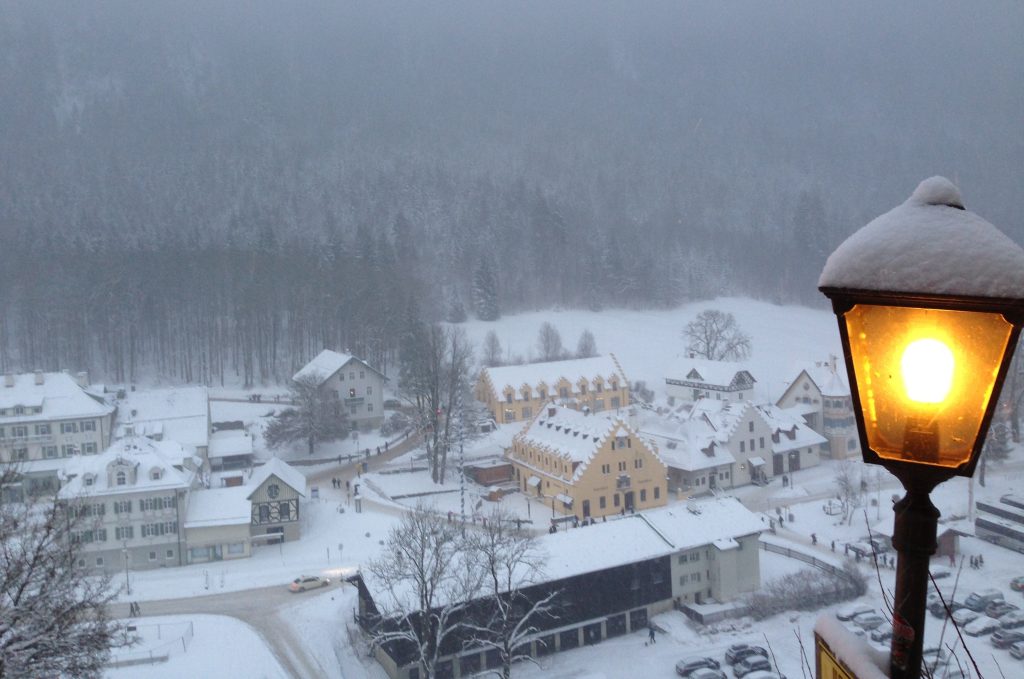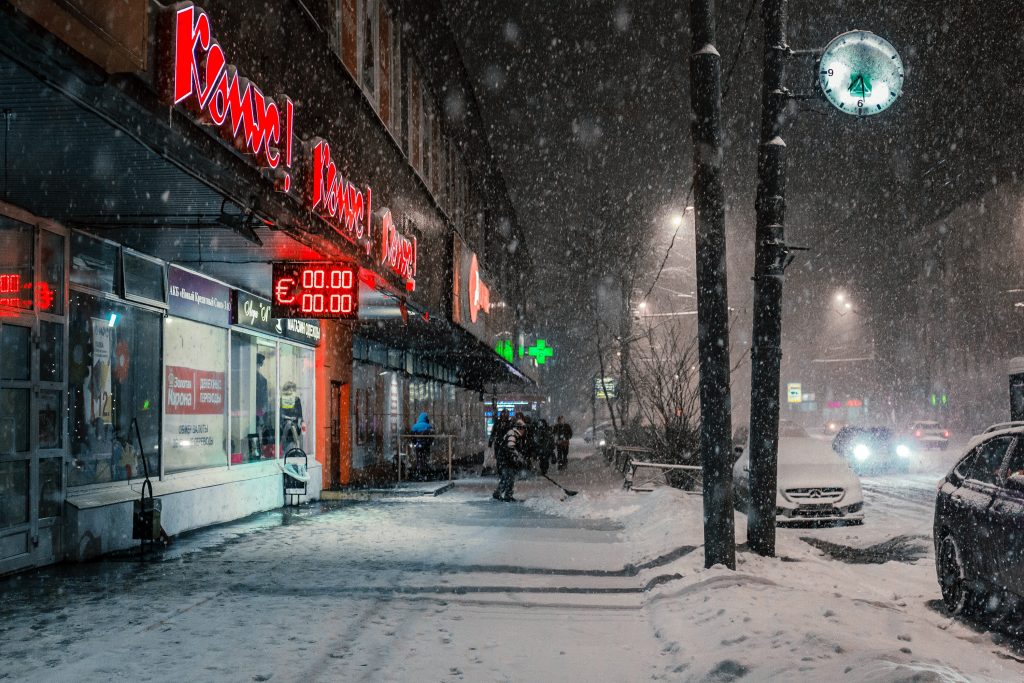It’s a commonly held belief that there is a direct link between cold weather and back pain. Considering that just about everyone knows at least a few people who can attest to experiencing worsened back pain during winter, it’s easy to see why this belief is so common. The question, however, is this: is there any scientific research that supports the claim that cold weather worsens back pain?
This is not to say that the pain people feel isn’t real, but simply that cold weather may not be the direct cause of it.
Studies on the Relationship Between Cold Weather and Back Pain
The first thing we need to do to determine whether the link between cold weather and back pain actually exists is to take a look at the research that has been conducted to try to find an answer to this question.
2014 European Study

A study of weather sensitivity in older people living with osteoarthritis resulted in 67.2% of participants reporting that the weather affected their pain. This study followed people living throughout 6 European countries with differing climates who either described themselves as weather-sensitive or not weather-sensitive. Unsurprisingly, the participants who described themselves as weather-sensitive reported more pain than non-weather-sensitive participants.
While this study found that there is an association between self-perceived weather sensitivity and back pain, the belief that there’s a link between cold weather and back pain wasn’t supported by the study’s results. The researchers found that participants who reported weather sensitivity tended to be more anxious, which points to the connection between physical pain and mental health. Further, participants from Southern Europe, where the weather tends to be warmer, were more likely to describe themselves as weather-sensitive. This is in contrast to participants from Northern Europe, where there is a consistently cold climate, who mostly described themselves as not being sensitive to weather.
In fact, this study found that weather-sensitive participants living in cold and wet climates actually reported lower pain levels than participants living in warm and wet or warm and dry climates. This suggests that weather changes are what affect pain levels, so there doesn’t seem to be a direct link between cold weather and back pain. This seems to happen because our bodies build equilibrium in relation to the climate we live in, so changes in weather disturb that equilibrium, leading to changes in pain.
2014 Australian Study
In another study analyzing cold weather and back pain, Australian researchers found that there does not appear to be a connection between pain and weather conditions. For this study, the researchers used weather data from the Australian Bureau of Meteorology to compare the weather conditions at the time participants first observed their back pain to the weather one week and one month before their pain began.
The results showed that there was no association between cold weather and back pain. Dr. Daniel Steffens, from the George Institute for Global Health at the University of Sydney and a researcher involved in the study, had this to say: “Many patients believe that weather impacts their pain symptoms. Our findings refute previously held beliefs that certain common weather conditions increase the risk of lower back pain.”
While these studies show that there’s no real link between cold weather and back pain, many people do feel increased pain during the cold winter months. Could there be other reasons for this?
Cold Weather and Back Pain: Other Reasons for this Link
While there may not be a direct connection between cold weather and back pain, there are other explanations for why people may experience increased pain during winter.
Mental Health

Many people tend to suffer from seasonal affective disorder (SAD) and mental health is known to have an effect on back pain. Because winter weather usually leads to less sunlight and less natural serotonin production, it’s common for mental health issues to become more prevalent.
In addition to this, as noted in the European study, people who are more anxious tended to believe that they were more weather-sensitive, which is also connected to depression and mental health. This shows that while cold weather may not directly affect pain, it does have an effect on your mental well-being, which can directly affect your pain level.
Cold months like November and December also bring the holidays, which can be a large source of stress. Whether you’re stressed about hosting a large holiday gathering or making travel plans, this can lead to increased back pain.
Outdoor Activity

In the European study, participants living in Mediterranean countries considered themselves more weather-sensitive than participants living in Sweden. A reason for this may be that people living in warmer climates are able to spend more time outside than people living in cold climates. This may literally make people in warm climates more sensitive to weather changes because they experience more exposure to the weather.
Winter weather also increases your body’s production of melatonin, which makes you feel less energetic and drowsy. Increased melatonin production paired with cold weather reduces your inclination to go outside and exercise. As we know, exercise and outdoor activities actually reduce back pain, while rest usually makes it worse. So if you’re staying inside more and aren’t as active during winter, your back is going to hurt more than during summer.
Synovial Fluid in Joints
There may be evidence to suggest that decreases in temperature may alter the viscosity of synovial fluid in the joints. This synovial fluid acts as a lubricant for your joints, and if this lubricant becomes thick due to cold weather, it won’t lubricate your joints as well, and this could lead to back pain.
The Discseel® Procedure
If you’ve been suffering from debilitating neck or back pain caused by chronic low back pain, degenerative disc disease, a herniated disc, or sciatica and are searching for a treatment option that will be able to provide you with lasting relief, the Discseel® Procedure could be the right option for you.
This procedure is non-surgical, minimally invasive, and is designed to address annular tears, preventing further leaking and providing back and neck pain relief.
If you’re ready to get long-term relief from your back or neck pain with a treatment that won’t limit your mobility, apply for the Discseel® Procedure today and find out if you’re a candidate for this procedure that has helped so many people get back to a pain-free life.

